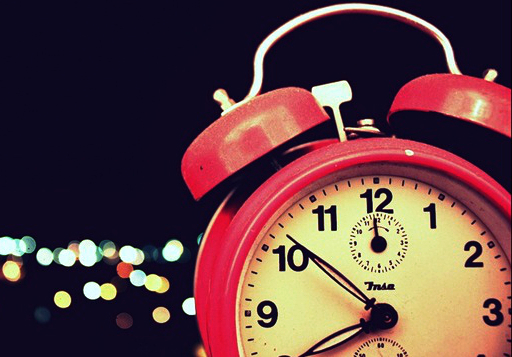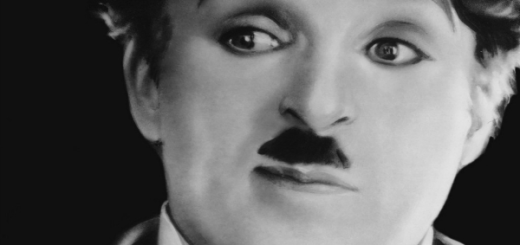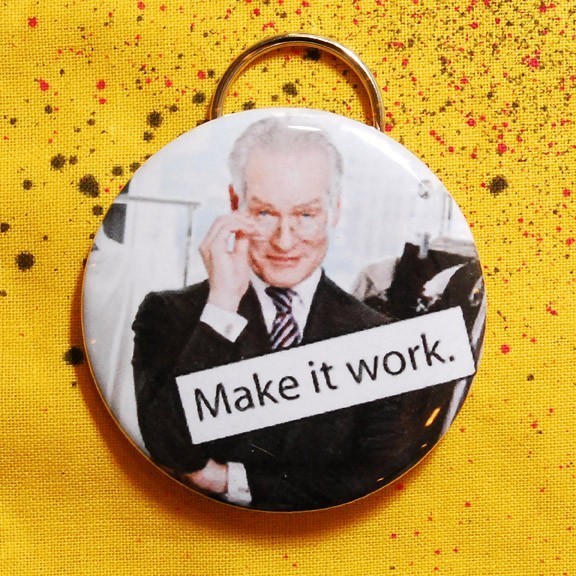23 Ways to Improve Your Productivity
Originally from The Positivity Blog.
If you want to make an easy job seem mighty hard, just keep putting off doing it.” Olin Miller
 Here are 23 habits that may help you shape your life. Hopefully you will find something helpful in this article.
Here are 23 habits that may help you shape your life. Hopefully you will find something helpful in this article.
1. Do the most important task of the day first thing in the morning.
Getting the most important task of the day – this is also most often one of the hardest ones – done early in the day will lift a weight off your shoulders. You’ll feel good about yourself and feel less inner resistance towards taking action and getting more things done for the rest of the day.
2. Use a very limited to-do list.
If you have a to-do list with 10 items then it can very easily feel overwhelming. Or you become unfocused or confused about what to work on. Or you procrastinate on the few really important tasks as you work on the rest of the list. So instead, limit your daily to-do list to just 2-3 of the most important items.
I sometimes only have 1 item on my list. But if I get that one done then it usually means more than getting 10 of the less important tasks done.
3. Single-task both work and rest.
Multitasking might feel like you are doing things quicker. But it usually winds up in depleting your energy faster, in several things being done not as well as they could have been and in few things actually being finished.
So instead, do just one thing at a time. No matter what it is that you do during your day, if it is work or something you do while resting and recharging.
It will reduce stress either way.
4. Keep a minimalistic workspace.
I find it is easier to focus on the most important things, to keep the stress away and to single-task when my workspace is simple and uncluttered.
I keep a minimalistic workspace with only a laptop and a glass of water on a black and small wooden desk.
5. Take small steps.
By just focusing on taking one small step at a time you can greatly reduce the feeling of being overwhelmed and the impulse to flee into procrastination. So break projects or daily or weekly tasks down into small and actionable steps.
Then single-task it one step at a time.
6. Take even smaller steps when needed.
If you have a small step you want to take but find that you just get lost in procrastination when you think about it then go even smaller.
Find an even smaller step that will move you forward. Perhaps just getting started with your essay for 2 minutes or even just 1. Instead of the 10 or 30 minutes as you had originally planned.
7. Go slow.
One good way to do more focused work is to simply to slow down. To take a step forward but to do it slowly. I have found that by just doing something at a slower pace it also feels less like a mental burden and so I am less likely to procrastinate.
8. Eliminate.
Regularly ask yourself: what tasks can I simply eliminate and not do with few or no consequences? It is easy to just keep doing things because “you should” or because it is what you have always done.
So question how you go about things to free up time, energy and your attention.
There is often room in life to simplify through elimination.
9. Block out the common time-wasting sites online.
When I write then I am usually not even connected to the internet. This greatly reduces the risk of being distracted.
If you have to be online while working then try using an extension for your browser like StayFoucsd or some similar program to block your access to the websites where you know you are likely to waste time or procrastinate.
10. Work in a cone of silence.
Don’t’ stop at being disconnected or with blocking time-wasters online. Shut the door to your office if possible. Shut down instant messaging programs and notifications for new emails. Put your cell phone on silent and put it in a drawer where you can’t see for a while.
Then enjoy the silence and being able to focus with a lot less risk of distractions.
11. Balance fully focused work with fully focused rest.
By doing so you’ll be able to keep your mental sharpness and energy up for the whole day and workweek. I do this by setting my egg-timer for 45 minutes. During those minutes I only focus on the task at hand and it becomes easier to do so because I know that I only have to do it for this limited time period.
When the egg-timer rings I set it for 15 minutes. During those minutes I focus fully on just resting by having a snack, taking a short walk or resting with closed eyes on my couch.
12. Celebrate both small and bigger triumphs.
If you achieve something big then celebrate it by treating yourself to something for example.
And if you have only had small triumphs during the day then still take 2 minutes at the end of it to appreciate and celebrate what you have accomplished.
This will motivate you to get going tomorrow too. And it will make you feel good about yourself and that feeling will spread to the people in your life too.
13. Don’t beat yourself up when things don’t go as planned.
Be kind to yourself and ask yourself: what is one thing I can learn from this?
Use what you can learn to do things better and to avoid making the same mistake in the future. Instead of spending time and energy on regretting the past that you cannot change anyway.
14. Do what you really, really, really want to do.
When you are doing what YOU deep down find fun, exciting, interesting or fulfilling then the motivation tends to come naturally and in big doses. So try to find ways to spend more of your time on doing what you really want to do.
15. Refuel your enthusiasm regularly.
On some days the enthusiasm may be lacking. If so, try to refuel it. Get an enthusiastic vibe by listening to a podcast or audio book or by reading a book or blog for just 10 minutes created by someone who is enthusiastic.
Or talk to an enthusiastic person in your life and let his or her feelings flow over to you.
16. Write down your top 4 priorities in life.
Post that note where you can see it every day to stay on track with what matters most to you. And to not get lost in busy work or in what may frankly matter more to other people than it does to you.
17. Let emails and other checking wait until the end of the day.
Or at least a few hours. Don’t start your day with processing email – if possible – because it can add a lot of stress and suck away energy early in the day.
It can also make it hard to truly focus later on as you try to work on the most important tasks of your day. Or even to find enough time for them if you get too distracted by your inbox.
18. Limited your daily information input.
Regularly unsubscribe to blogs, podcasts, forums and email newsletters that you rarely spend any time on or that doesn’t add much value to your life anymore.
Keep only the most helpful, inspiring and best ones. This very simple thing can free up quite a bit of both time and attention in a month.
19. Have a disconnected day or weekend.
I usually take at least one internet free day a week. I rarely check my emails on Saturdays or Sundays. Instead I spend time with the people in my life, a good book or movie, being outdoors or I do some other fun activity.
This recharges me and by having this clear boundary between work and rest I do not get stuck in worries, stress while trying to rest or in being distracted by work in my mind while trying to have quality time with the people in my life nearly as much as I used to.
20. Focus more on the how to and not so much on the what-ifs.
Don’t get stuck in analysis paralysis, over thinking and the worry and lack of self-confidence that usually comes from that. Instead, focus on what you can do, on what action you can take to move forward.
Ask yourself: What is one small step I can take today to move forward towards my goal or out of this situation?
21. Each day ask yourself questions that help you to focus or refocus.
It is easy to get off track during a regular workday. To stay on track or to get back there if you get lost use questions like:
- What is the most important thing I can do right now?
- What would I work on if I only had 2 hours for work today?
If you like, write these questions down on a note and put that note where you cannot avoid seeing it during your day.
22. When overwhelmed, breathe and then say to yourself: just take care of today.
Focus only on that. Forget about all those tomorrows and your yesterdays that could be bouncing around in your head. Go small, narrow your focus greatly and just take care of today.
And then take care of tomorrow when it comes.
23. Don’t forget about the 3 fundamentals of energy.
By that I mean getting enough sleep, exercising a couple of times a week and eating healthy. This may seem very obvious in theory.
But in practice and in my experience it makes a world of difference for your optimism, energy levels, ability to handle stress and to think clearly.







